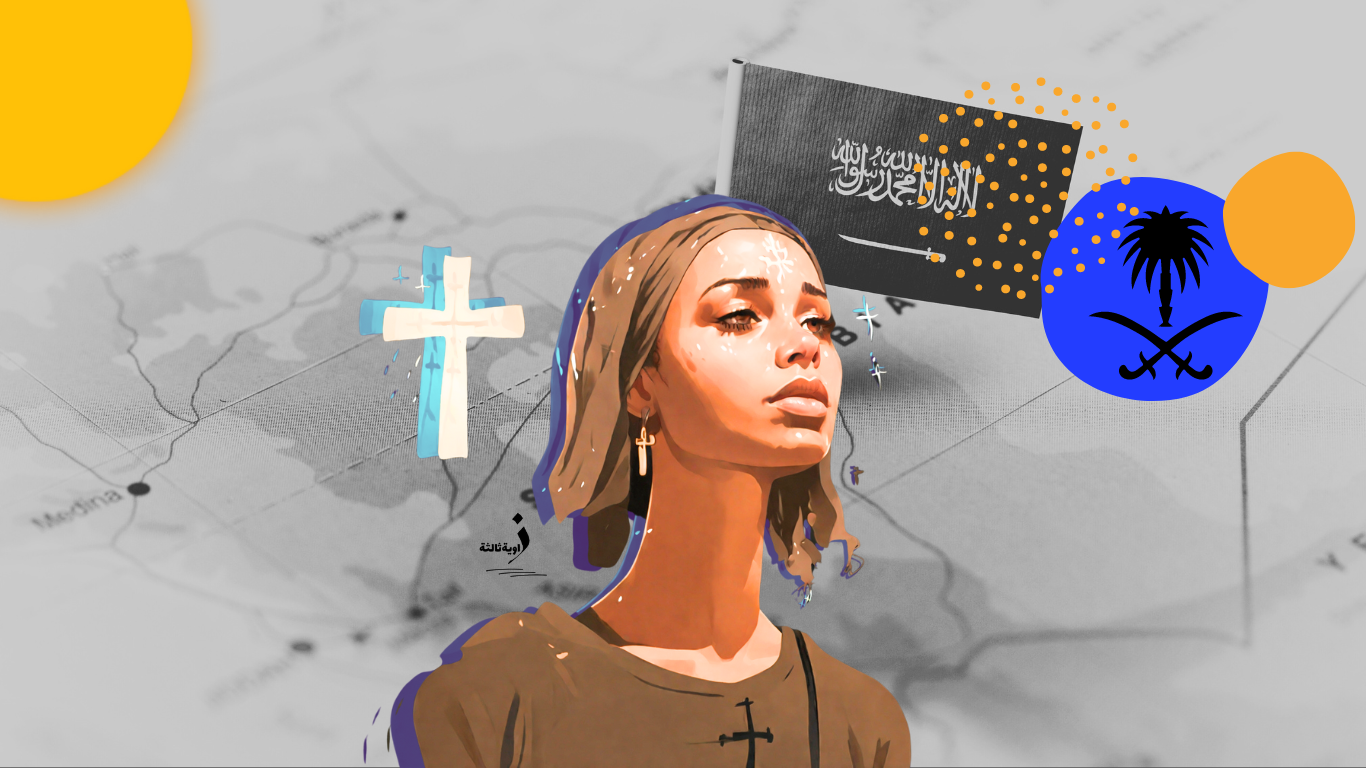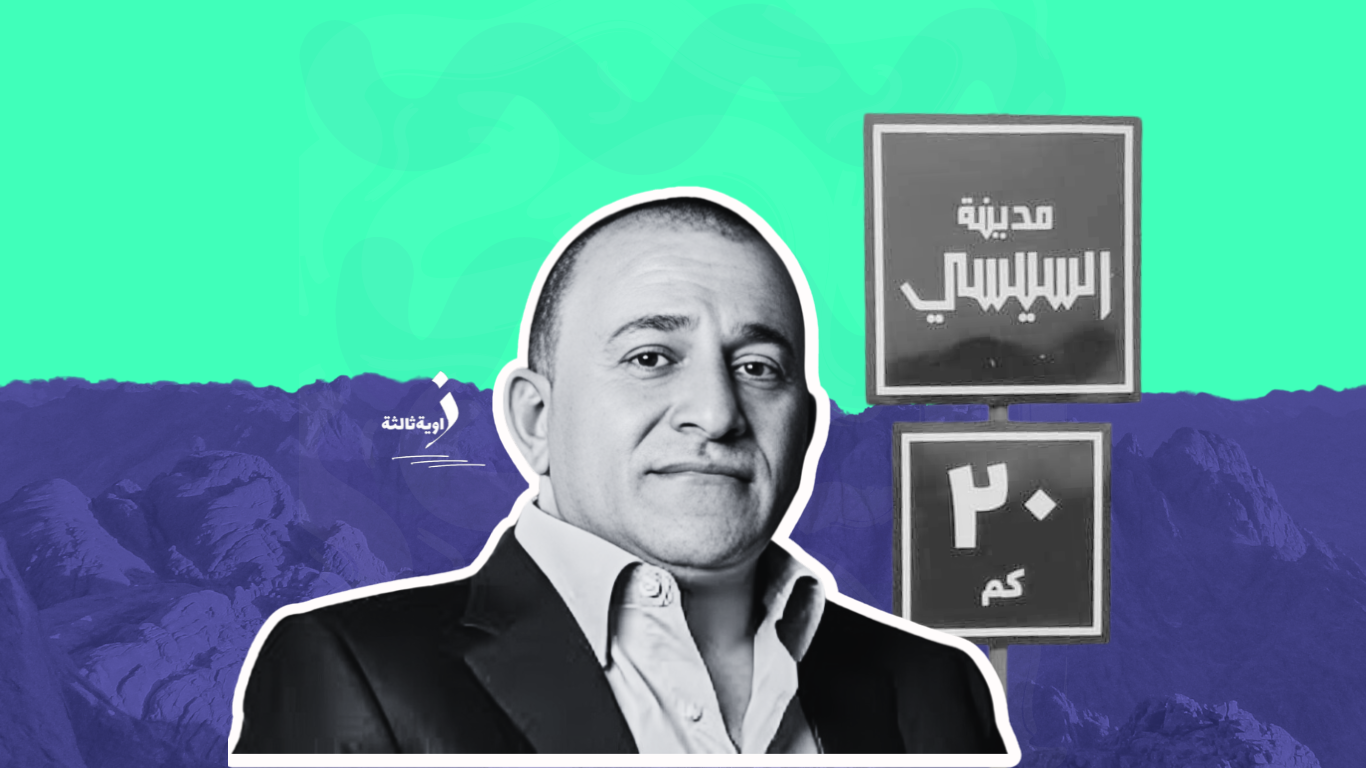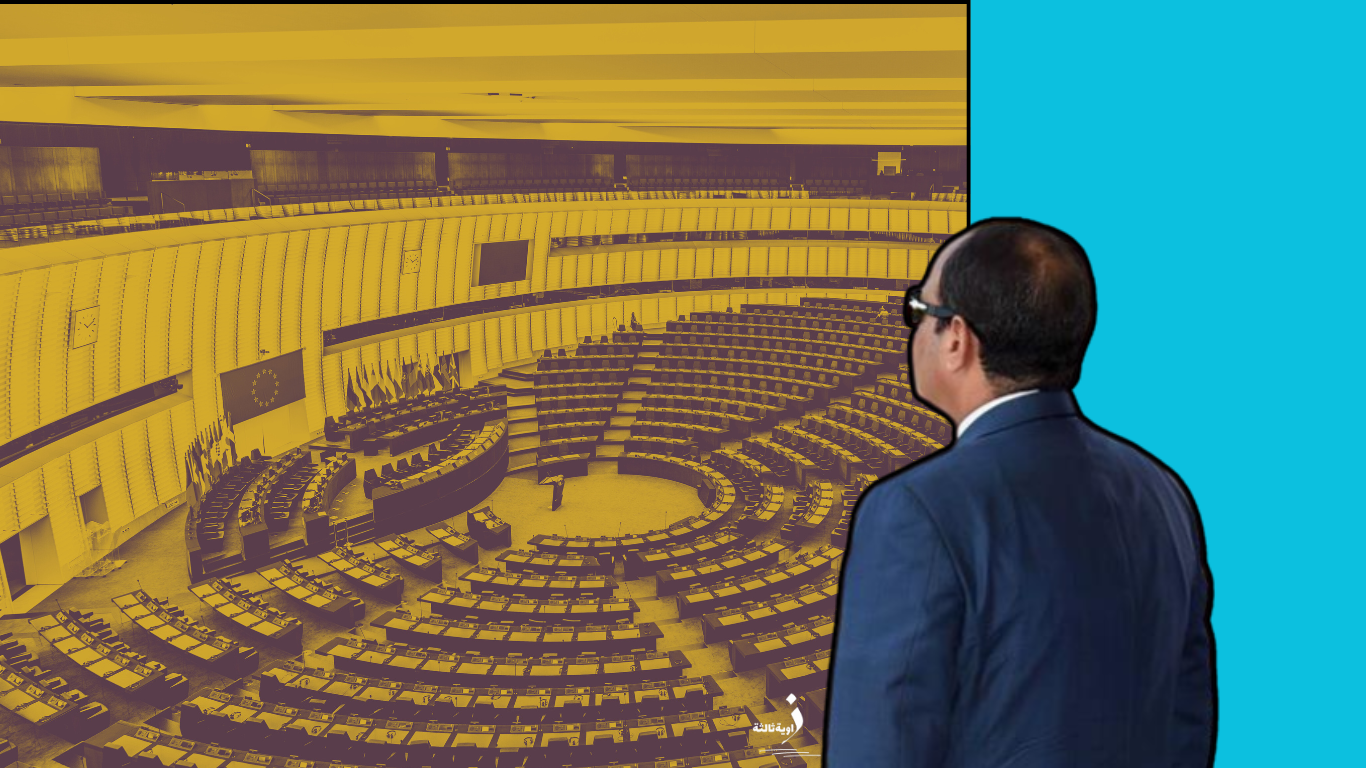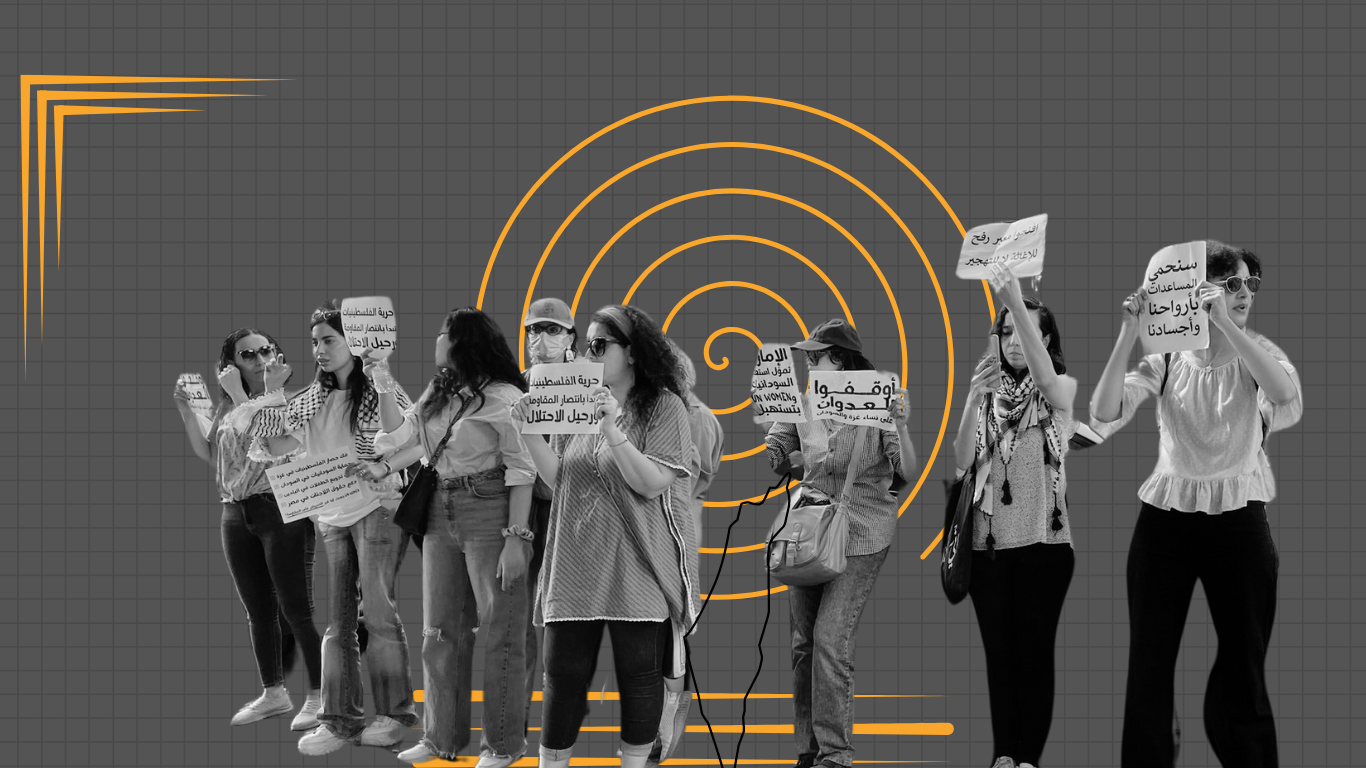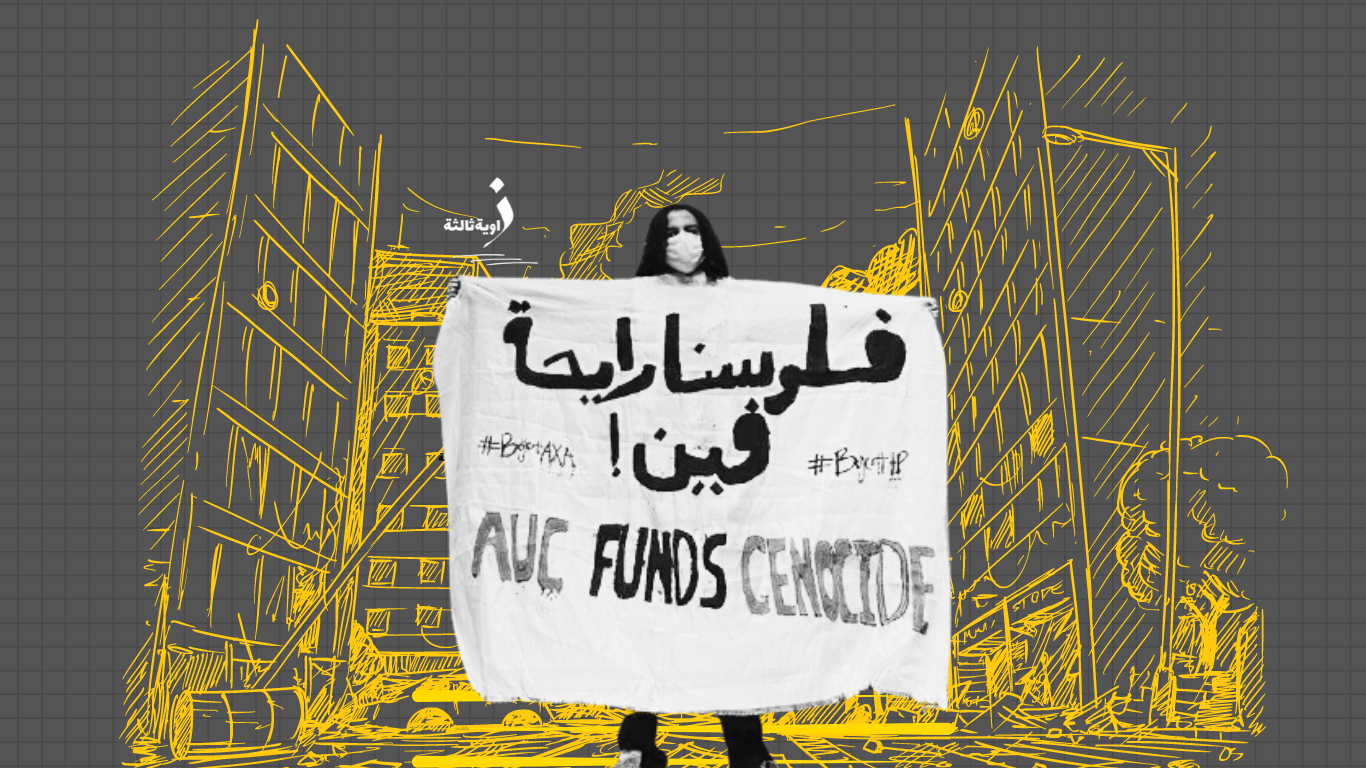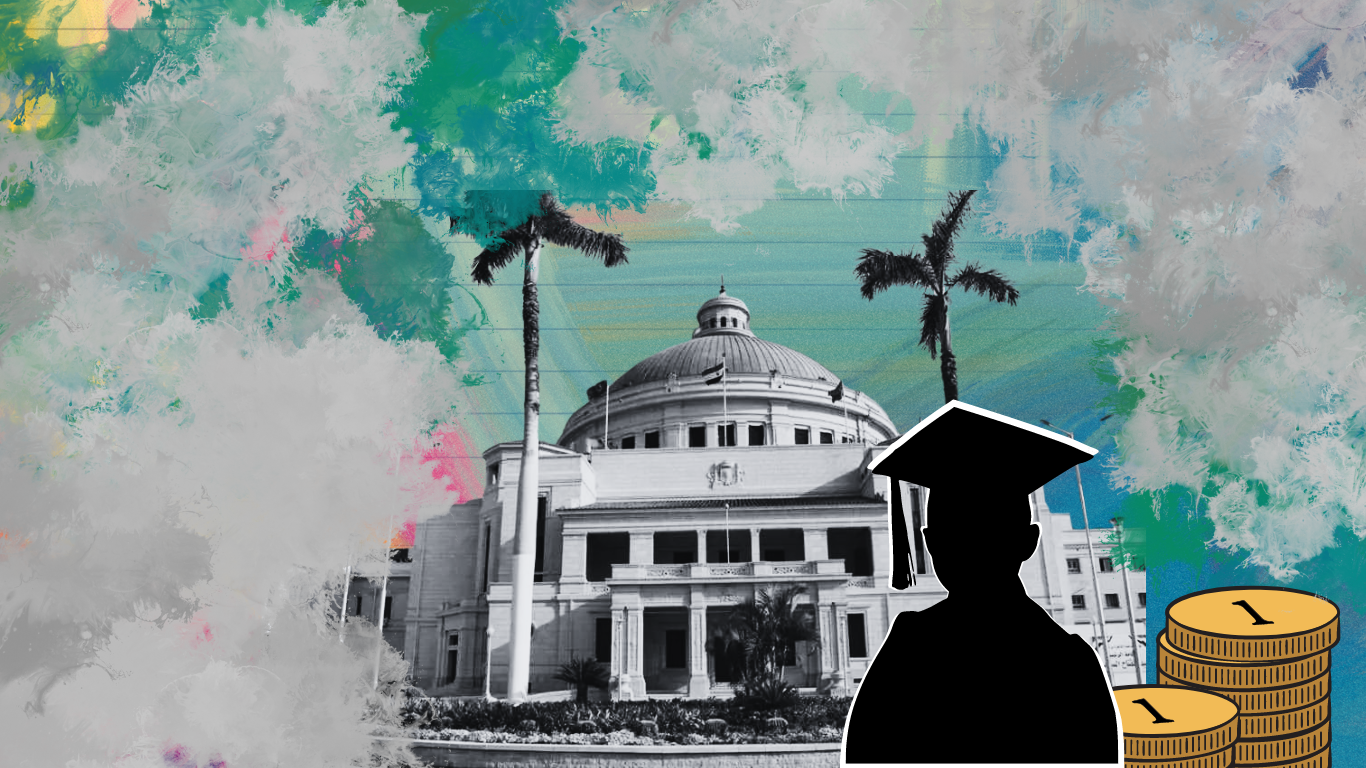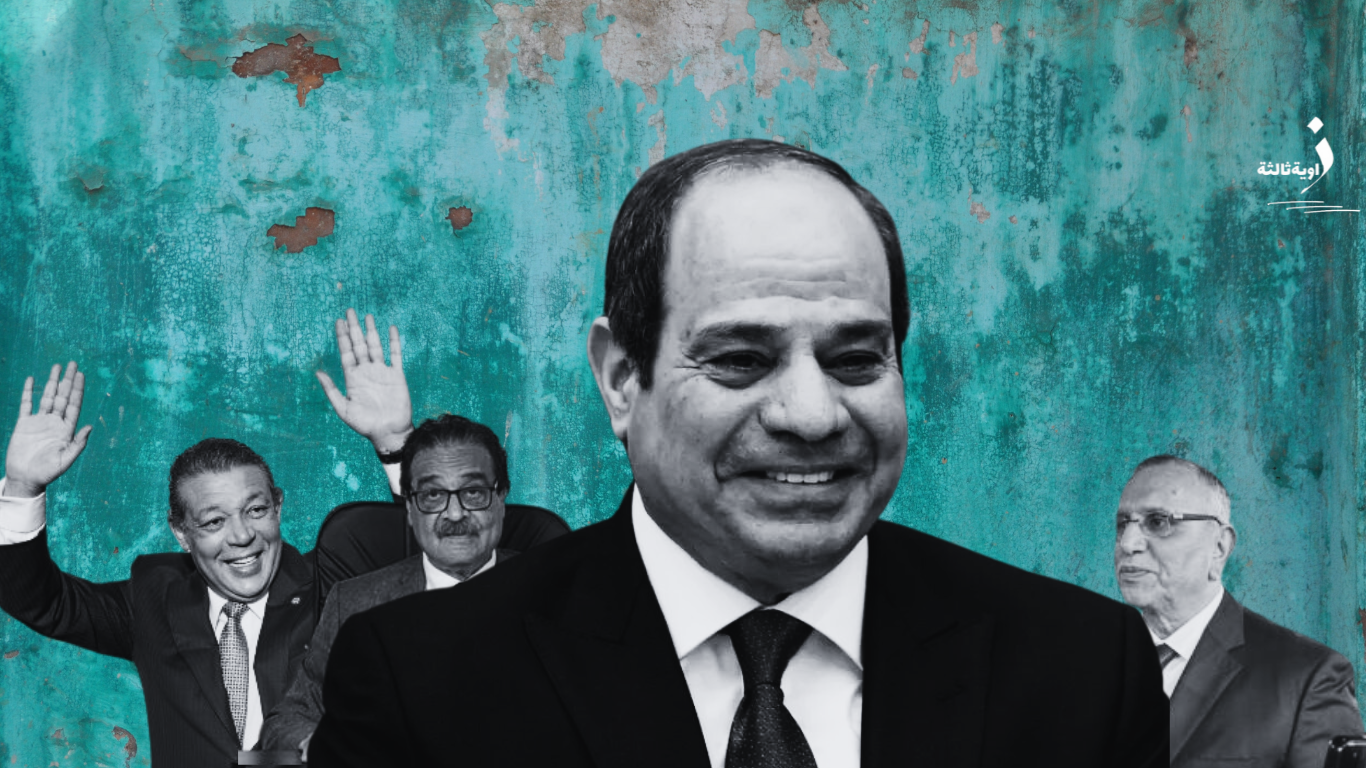Interviewer: Mohamed Atef
Prepared for publication by Rabab Azzam
■ Alaa Al-Aswany said it’s stage Elections, and I don’t believe that Tantawi is part of a play, neither Gameela nor am I.
■ I adhere to the Tiran and Sanafir agreement because it is a binding agreement for the Egyptian state.
■ I am not the type to sacrifice my supporters like leaders and politicians who push their supporters into the abyss.
■ We can gather endorsements within a week, but I chose “parliamentary endorsement” out of fear for my supporters.
■ We all face violations, and the threat of a specific campaign being exposed to harassment is “disrespectful.”
■ I present myself as a civil democratic alternative representing the visions of opposition currents.
■ The idea of presenting a “single opposition candidate” reflects ignorance of electoral process management.
■ The Egyptian opposition should unite instead of exchanging accusations.
■ Gameela Ismail will receive endorsements from parliamentary deputies to overcome the hurdle of endorsements.
■ Tantawi started the efforts to gather endorsements before Gameela. Perhaps this gives him an advantage, especially since he has a popular base in the governorates due to his previous work as a parliamentarian.
“I am not a Muslim Brotherhood project, nor bellicose, and I do not participate in electoral theatrics.” This is what Farid Zahran, the potential presidential candidate and the head of the Egyptian Democratic Social Party, said during a press conference to announce his candidacy for the upcoming presidential elections scheduled for December 10, 2023. Zahran faced criticisms like other candidates, being seen as “orchestrated” for the electoral scene in front of international, regional, and local public opinion mainly, as he is the only one among three candidates belonging to the Egyptian opposition who managed to fulfil the nomination requirements for the presidency, having obtained the endorsement of 28 members of parliament.
“Zawia3” met with Zahran to understand how he views the presidential elections and to learn about his political plans. Here is the dialogue:
Amid the race to gather endorsements of popular support to meet the nomination requirements for the presidency, you took a different approach from Gameela Ismail and Ahmed Tantawi, who are potential opposition candidates, by preferring parliamentary endorsement. Why?
First and foremost, I assert that if there were someone in the opposition parties in Egypt who could gather 25,000 popular endorsements in a week, the “Egyptian Democratic” would be at the forefront, given our presence in all governorates of the republic. Indeed, we had already started moving to collect endorsements when the door was opened for them last month. However, some campaign members and supporters were threatened and faced intimidation and a blockade, which forced me to issue instructions to stop them from proceeding to process endorsements in the real estate offices shortly after. I chose to obtain parliamentary endorsement to safeguard my supporters and avoid their clash with the police forces. “I am not the type to sacrifice my supporters, like other political leaders and figures who push the masses into the inferno. I do not excel in victimhood speeches and the exposure to violations they announce,” so I do not prefer pushing them to the streets and exposing them to security arrests.
The civil movement held a conference to expose the violations suffered by the supporters of opposition candidates, prompting Akmal Qurtam, the head of the Conservative Party, to call for the immediate withdrawal of all opposition candidates if the violations continue. Do you intend to withdraw if the movement decides so?
I do not agree with this logic and completely reject it. Each candidate has their own discourse and supporters, and our opportunities are unequal or complementary to each other. Tantawi began the efforts to gather endorsements before Gameela; this may give him an advantage, especially since he has a popular base in the governorates due to his previous work as a parliamentarian. Moreover, everyone is subject to continuous violations. I can list hundreds of violations that my supporters have faced.
As I mentioned, we do not adopt a victimhood narrative. We only issued two statements in which we announced the violations we faced and how we could not rent an office for the campaign until the last moments. Also, we are the last party among the opposition parties to release its detainees (recently Youssef Mansour). Therefore, saying that some are subjected to violations and denying this for others is not appropriate and “not respectful.” The three of us are subject to harassment and violations to varying degrees.
Returning to the decision to run for the presidency, what specifically drove you to make such a decision and enter the electoral race?
My decision to run was not an individual one. It came after three months of discussions and consultations among party members and some friendly circles, both within the civil movement and within the Egyptian opposition in general. Individual candidate has visions about themselves and their abilities only. I present myself as a civil democratic alternative representing the visions of opposition currents. So, I did not nominate myself on behalf of Farid Zahran, but rather on behalf of the Egyptian Democratic Social Party initially. Later, the “Justice” party joined my support after long consultations preceding my candidacy announcement, unlike other parties waiting for the right moment to officially declare their support despite hinting at their support in a hedged manner. There are also other circles within the opposition that have not yet announced their stance regarding supporting a specific candidate or making a decision to boycott. However, they support me because I am a candidate representing a civil democratic current, and a significant alternative within the civil movement and the civil democratic opposition.
Do the current election dynamics differ from those of 2018?
The evidence we have observed since the start of this electoral race indicates that we will not be reliving the 2018 elections. Those elections did not witness the candidacy of individuals like Ahmed Tantawi, who was the first to announce his candidacy, or the contemplation of the Conservative Party’s leader Akmal Qortam to run. Nor did they witness the announcement of a woman like Gameela Ismail regarding her candidacy. Lastly, candidates like Farid Zahran, who was among the opposition representatives, had not announced their intent to run. This points to the difference between the two electoral races and the entry of real competitors in the current elections.
All these aspects confirm that the current scene differs from the 2018 elections, which were marked by restrictions on any candidate affiliated with civil or opposition forces. This portrayed a very negative image of the electoral scene at that time. Especially since we found that the competing candidate against President Sisi at that time, who met all the requirements, confirmed that he would vote for the president.
Does this mean we are facing serious elections this time?
Yes, the scene indicates that we are facing genuine elections, unlike the previous ones in 2018, which were rejected by various circles at the local and international levels. This scene is certainly undesired by circles within the regime and is unacceptable this time by all opposition circles. If we weren’t in a real electoral process, how were Tantawi, Gameela Ismail, and I allowed to run? “I am against the logic that considers the scene a theater. For example, I reject the comment made by the writer Alaa Al-Aswany on Tantawi’s announcement of his candidacy, describing it as part of a play. I was not a candidate at that time. I do not believe Tantawi is capable of participating in a premeditated play, neither him nor Gameela.”
Does this mean the regime has allowed some leeway for the opposition to present the scene as a genuine electoral event?
Indeed, there is a margin made apparent by allowing representatives from the Egyptian opposition forces to run. So, I see through these indicators that there are circles within the corridors of the regime that completely refuse to repeat the scene of the previous elections for multiple reasons. For instance, the previous scene caused a sense of restriction and tension within the political life in Egypt, as well as among some regional and international circles.
You say there is a positive margin allowed by the regime, but what about the guarantees that, if not provided, may hinder the electoral process from proceeding appropriately?
Certainly, the current scene is not ideal, and the available margin is insufficient and does not meet the necessary requirements to provide the minimum guarantees. So why do we participate despite the minimum available guarantees? (Answers): The opposition is divided into two opinions; one believes that we should not seek guarantees from the regime that is fundamentally responsible for preventing us from exercising our rights. This position is closer to the supporters of the candidate Ahmed Tantawi. As for the second opinion, which I lean towards, it calls for guarantees, whether before, during, or after participating in the electoral process. This does not mean that we expect to achieve all the guarantees we demand; that would be “illusory.” But part of my desire to run is to provide as many of these guarantees as possible for the future because the battle for democratic transition in Egypt is a long and extensive one.
I believe that with continued pressure, conditions gradually improve. Starting with the release of the Egyptian Democratic Social Party’s statements, followed by the civil movement and then Tantawi’s campaign and Gameela, releasing revealing statements condemning the violations. This has led to an improvement in the situation. I am in the process of taking measures to improve the conditions related to endorsements.
The performance of the Egyptian opposition in the 2012 elections faced severe criticism and accusations of pursuing personal interests, leading to the dispersion of voters’ voices. Did the opposition refrain from repeating the same mistakes by fielding three of its candidates together in the upcoming elections?
Firstly, it should be noted that rallying around a specific candidate occurs in the second round of the elections. I don’t want to say that what is being raised is solely due to ignorance, lack of knowledge, or weak experience in electoral processes; in France and the United States, for example, a single representative from the opposition or others does not run for candidacy. Instead, hundreds of candidates may run, leading to a runoff between just two candidates. (Questioning) Do we agree on rallying around one candidate in advance before the end of the first round? Of course, this proposal involves ignorance. Currently, we are three representatives from the opposition. We have two paths to gather endorsements: either through collecting signatures or parliamentary endorsement. Would it be reasonable for me to force the deputies who endorsed me to support Tantawi or Gameela Ismail if we agree on one of them as the sole candidate for the civil movement? Certainly not.
I believe that betting on the weight of a single candidate from the very beginning is a mistake. We should leave the three candidates in the race to increase our chances of all winning. Then, we sit with the representatives of the opposition and make a decision on the selected candidate based on the candidate’s electoral program. In case one of us moves to the second round, we will all support them, whether it’s me or one of them. So, consider me the last person not advocating for consensus. I have been an integral part of the civil movement since its founding, its activities, and the path of national dialogue, and not just someone who “attended one or more meetings only.”
I must point out that we did not agree on a single candidate from the beginning, as there were no prior discussions. Tantawi rushed and announced his intention to run from Beirut without any agreement or discussion.
Do you mean that Tantawi’s chances of garnering parliamentary endorsements are negligible?
Certainly not. I have approached several deputies who refused to endorse me, and I am sure that if Tantawi opts for the parliamentary endorsement route, they will undoubtedly endorse him. However, he chose the path of collecting popular endorsements as the sole approach. Therefore, I don’t see our audience viewing us as identical candidates; each of us has their own supporters, whether from the deputies or the public.
What will you do regarding the Tiran, Sanafir, and Nile Dam files if he wins the presidency?
I will be the President of the Republic, and I won’t be leading a popular protest or aiming to create chaos. Therefore, I will uphold all the agreements made by the Egyptian state, despite my previous objections to the cession of the Tiran and Sanafir islands. However, if I win the presidency, I will adhere to the agreement because it is a binding agreement for the Egyptian state. This also applies to other agreements.
As for the Nile Dam, there are two strategies through which the file can be approached. The first is populist, almost bordering on irrationality, disregarding the rights of the Ethiopian people in development and Nile waters, similar to their Egyptian counterparts. It is an irresponsible approach that is unbecoming of statesmen. The second, which I support, begins with asserting Egypt’s historical rights to Nile waters (55 billion cubic meters in Nile waters) through international and regional mobilization, negotiation, and demanding Ethiopia to respect previous agreements, which they claim to be non-binding colonial agreements. Then, demanding Ethiopian-Egyptian-Sudanese supervision of the management of the Nile Dam to ensure water flow to upstream countries. Addressing Egypt’s water scarcity issues away from the river’s waters is also a necessary step.
What is your assessment of the current regime’s performance?
I am a candidate against the authority and its representatives running in the elections, not against President Sisi himself. I am against a system that has monopolized public order since the 1950s. I am not eager to incite an atmosphere of instability, and I believe those using counter-revolutionary methods are connected to certain entities that emerged after the January revolution and do not prioritize the country’s interests.
Do you have supporters within the corridors of power?
I hope so. I firmly believe that the country will not awaken from its predicament unless internal circles within the authority extend their hands for collaboration, allowing for a re-establishment of the alliance formed on June 30, 2013.
Do you want to send a message to the civil movement?
You must unify your efforts to build a modern civil state and not strive to conquer each other. In the end, the electoral battle will come to an end, but the Egyptian opposition should later unite instead of engaging in irresponsible accusations.
In conclusion, how do you see your chances of success in obtaining the presidency in the upcoming elections?
I see the opportunity as significant because I represent a peaceful and democratic alternative to the regime. There is a large number of Egyptians who desire a change in the system, but they fear the collapse of stability. Therefore, I am committed to a safe, peaceful, and democratic change that does not seek revenge or threaten public peace.




